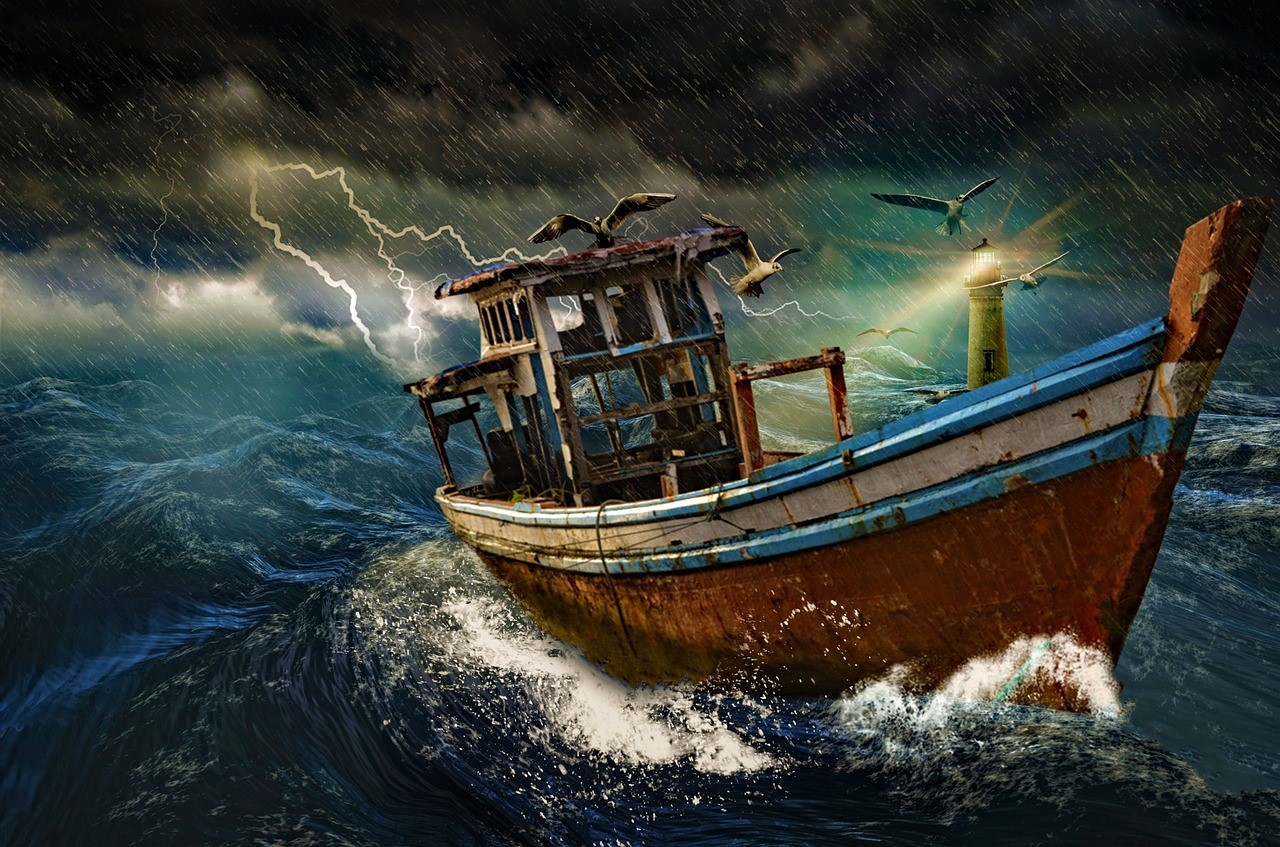
When it comes to protecting your vessel during a hurricane, thorough preparation can make all the difference. Here’s an extensive guide to help you weather the storm.
Understanding the Power of a Storm
Many underestimate the force a hurricane can generate. Here’s a fact to demonstrate this: A flat surface of five square yards can create 10 pounds of pressure in a 10-knot breeze. At 30 knots, this force jumps to 90 pounds, and at 100 knots, it could be a whopping 1,000 pounds.
Ensuring Your Boat Stays Afloat
Years ago, floating docks were deemed unsafe for hurricanes. Today, storm-engineered ones can endure even Category 4 hurricanes. However, even protected waters can transform into 8-foot seas in 100-knot winds.
Opting for Hurricane Storage
As a safer alternative, consider hurricane-rated dry storage facilities. They offer annual contracts to store boats during every named storm that threatens, and this could even qualify you for insurance breaks.
Securing Your Boat: The Basics
The key is to anticipate that at least one cleat, piling or line will fail. Hence, it’s crucial to give each line a mate running in the same direction but attached at different places on both the boat and dock.
Securing Your Boat: Advanced Measures
In addition to the basics, set an anchor across the marina and pull the rode tight with the windlass once all boats are done moving. Also, hang every fender you own to further secure your boat.
Preparing Your Boat on a Trailer
If your boat is on a trailer, you can do a few things to secure it. One option is to find an empty warehouse and rent it for a few days.
Alternatively, if you’re keeping your boat outside, get it as close as you can to a strong building to break the wind. Avoid trees and construction sites that could generate flying debris.
Securing Your Boat on a Lift
If your boat is on a lift, lower it by 2 feet, tie it as if it were in a slip, and then raise the lift to put tension on the lines. Also, make sure to secure the boat to the lift.
Avoiding Open Anchorages
Old-fashioned “hurricane holes” are no longer reliable, as waterfront homes with boats now occupy them. Moreover, anchoring in open water isn’t advisable either.
The Option to Run
If the forecast track cone indicates a storm, it might be worth considering moving your boat away from it. Ensure that the trailer is in working condition at the start of the hurricane season.
Safety First
The U.S. Coast Guard urges all boat owners to take personal responsibility for their own safety and that of their passengers. Essential steps include wearing a life jacket at all times, never boating under the influence (BUI), and getting a Vessel Safety Check (VSC) annually.
For more tips on boating safety, visit the U.S. Coast Guard’s website.
Remember, while these tips can help mitigate damage, nothing is foolproof in the face of a hurricane. Always prioritize personal safety over property.

